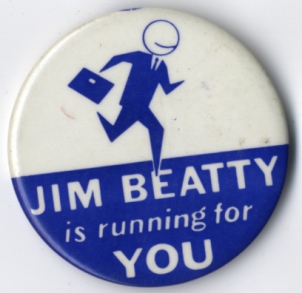Here’s a Tar Heel knockoff of a “Va.” quiz offered by puzzlemaster Will Shortz on NPR.
Limit your responses to only “N.C.” words (Northampton County, for example, or Nextel Cup.)
Spoiler alert: Answers immediately below.
1. As a gubernatorial candidate, Bev Perdue lamented that “Wherever I go, people ask me, ‘Can’t we stop the — –?”
2. Birthplace of football player Julius Peppers.
3. How Cabarrus County bills itself to tourists.
4. State bird.
5. Charlotte-based steel maker.
6. Bait popular with the state’s fresh-water fishermen.
7. Athletic Association that sponsors basketball’s Final Four.
8. Bank of America headquarters, tallest building in the state, was previously known as the — — Center.
9. The Alford plea, based on a Forsyth County murder case and invoked by such defendants as former House Speaker Jim Black, is closely akin to this more common plea.
10. Yadkin Valley wine growers hope to emulate the success of….
Answers:
1. “Negative campaign.”
2. Nash County.
3. NASCAR Country.
4. Northern Cardinal.
5. Nucor Corp.
6. Night crawler.
7. National Collegiate.
8. NationsBank Corporate.
9. Nolo contendere (or no contest).
10. Napa, California

